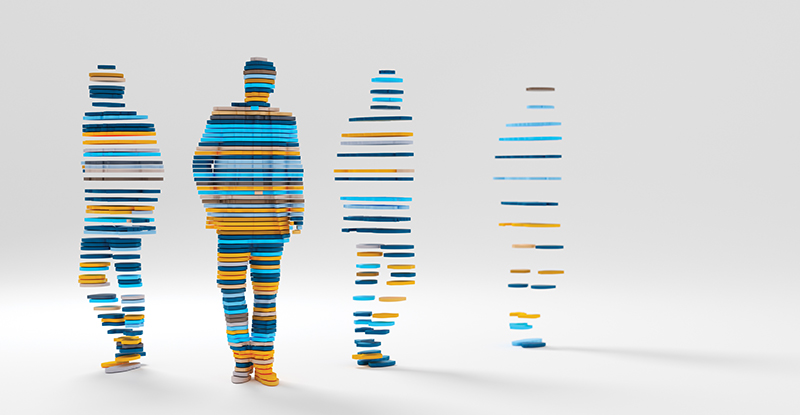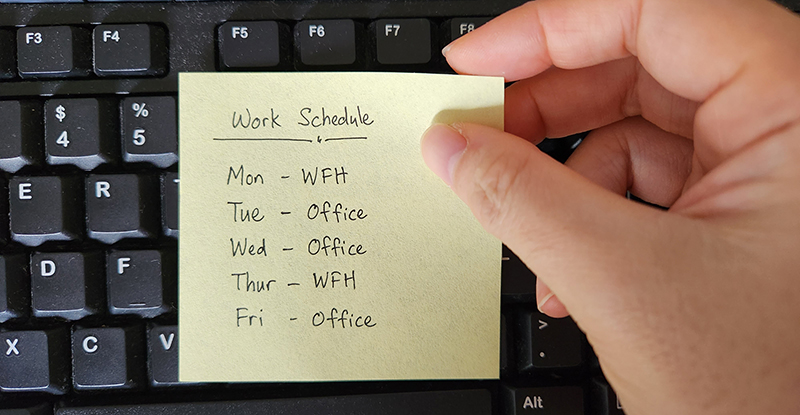
Listen to our podcast episode with this article's author, Terry Small, and Leah Giesbrecht, communications specialist, CPABC. Part of our Coffee Chats with CPABC podcast series.
Do you ever get to the bottom of a page and wonder what you just read? Or are you having trouble retaining statistics or messaging in today’s overwhelming information age?
If you find your mind wandering while you are reading a report, or have trouble recalling a key statistic, you are not alone. In fact, studies show that average retention is 2% after 30 days.
However, there is a secret to doing much better. A brain secret!
Your brain works best from the big picture to the details, not the other way around. Have you ever done a jigsaw puzzle? That picture on the lid helped. Could you have put the puzzle together without the picture? Probably. Would it take longer? Yes. Is there a greater chance you would become discouraged, and stop working on the puzzle? Yes.
Again, have you ever got to the bottom of a page that you just read and asked, "What did I just read?" Odds are your brain went sideways for the same reason....there was no picture. When you pick up something and just start reading it is pretty much the same as trying to put a jigsaw puzzle together without the big picture.
So what is the secret of much better reading comprehension and retention? Schema.
Schema is a word that means mental map. It's what you know about a topic before you read about it – that is what determines comprehension. Good schema equals good comprehension.
Here is a great way to get improved schema when you read any non-fiction material. Read the first sentence of each paragraph only – all the way through the chapter. The first sentence of each paragraph contains the main idea or the topic sentence. When you read the first sentence of each paragraph you get the big picture. When you read the details later they have a place to "stick" in your brain.
Using this technique can help improve your reading comprehension and information retention –both attributes that can have positive effects on workplace productivity.
Terry Small, B.Ed., M.A., is a master teacher and Canada's leading learning skills specialist. He is the author of the Brain Bulletin with over 34,000 subscribers worldwide.



